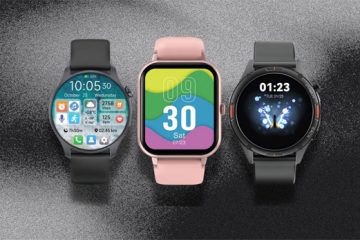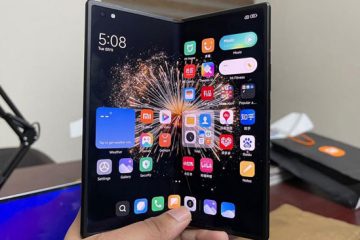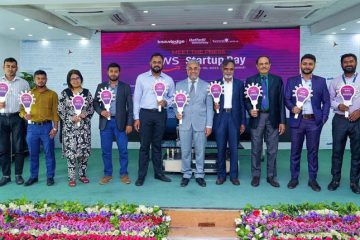Dhaka: About 150 software firms have been waiting for more than a year for the launch of the 3G technology. The government launch of the 3G technology will not only prove to be good news for telecom operators, a number of firms that develop software for 3G-enabled mobile phones for foreign buyers, at cheaper prices, could also offer a better rate for millions of local users, software industry say. Sources at the Bangladesh Mobile Phone Importers Association (BMPIA) said that 1.9 million 3G-enabled handsets had been sold in the country in the past one year. Once the 3G networks are up and running, compatible handsets would arm people with a range of useful services including global positioning system (GPS), cheaper internet connections, sending and receiving emails via mobile phones, faster encoded data transmission and live television coverage.
According to software development industry sources, the picture of a true “Digital Bangladesh” would be clearly visible once the government launches 3G.
A number of software development company heads said they could build up a huge market for mobile software, worth at least Tk. 500 crore, as they were fully equipped and capable of designing customised corporate mobile software.
“We have for the past two years developed mobile software by using Rubi on Rails (an open-source web application framework for the Ruby programming language) for several small and medium corporate houses based in the US. If the country launches 3G services, we can develop software for Bangladeshi corporate houses too,” said Simon Azim, CEO, Thinkcrest.
Azim also maintained that 3G would be a perfect solution for the corporate houses in Dhaka.
“A good deal of time is lost in traffic jams these days. Once the 3G backbone is in place, corporate executives and employees can do part of their office work, while stuck in traffic gridlocks, simply by using their smartphones or 3G handsets,” he noted.
Shibli Ahmed, chief systems analyst at Techpeople, said people in the West and even in neighbouring India had been using smartphones and iPhones for office work while out of office for long.
“Large, even some small and medium-sized corporate houses in Japan, China, Australia, Europe, India, Canada and America have their own software for conducting office work, which software firms, including a few from Bangladesh, develop as per requirement. In Japan, almost 90 per cent of the corporate houses do half of their office work on their smartphones,” Ahmed said.
Jubaer Arefin, a software engineer at Redpipal Ltd, said designing customised software for a small-scale office would cost between Tk. 40,000 and 100,000. Considering the output it could generate, it would be a very handy option for the companies.
Arefin also said designing such software had become much easier with the introduction of content management systems (CMS), which took away much of the pain involved in earlier programming methods.
“As most of the plug-ins (written programmes for particular functions, which could be integrated with existing software for upgrade) are now available on the Internet, they could easily be integrated in the CMS platform with the customised requirements,” he said.
Mahbub Zaman, the president of Bangladesh Association of Software and Information Services (BASIS), said software companies in Bangladesh had long had the capability of designing mobile software.
“A number of companies, which design these types of software for overseas clients, are likely to get local contracts with the arrival of the 3G system,” Zaman said.
The BASIS president also said a number of institutions had already been provided training in mobile software development. “Creating skilled manpower resources for this purpose would not be a problem,” Zaman said.
Zaman also said there were seven Carnegie-Mellon University (CMU) Level 3-certified Bangladeshi companies capable of designing enterprise-level 3G software.
The value of unlicensed software installed on personal computers has now reached a record US $137 million, as per the Global Software Piracy Study 2010 conducted by Business Software Alliance (BSA), which evaluates the global state of software piracy.
But Zaman said if 3G were launched, Bangladeshis would gradually shift to using original software from their habitual dependence on the pirated ones. “For a country like Bangladesh, where a number of IT graduates switch professions due to lack of suitable jobs, 3G-enabled software designing could be the best option for the revival of the country,” he pointed out.
-With The Independent input











